Issues
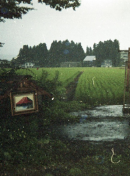
When does collaborative work become transdisciplinary? What arises in the effort of translation? And where and how does the unbordering of disciplinary expertise contribute to transformation? (Here we assert our human intention and note with interest but resist unburdening, autocorrected by Word.) In this issue we take it as axiomatic that approaches which integrate diverse ways of knowing and doing are inherently valuable.

Despite many attempts over many decades, it is difficult to point to a single straightforward definition of poetry; but perhaps the most often cited phrase is that it is the use of language and prosody to stir the imagination and the emotions; to concentrate one’s awareness of experience. Both framings -- imagination/emotion, and concentrated awareness -- feature in the essays including in this issue.
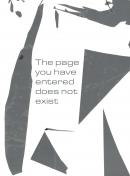
Text|Page|Art explores various ways to engage pagespace with images, sound and text. There is a particular focus on the book as art. You, the reader, also have the chance to download and print a variety of zines, and to create your own. Edited by Caren Florance.

A great deal of poetry and other creative writing uses diverse archival material, including the literary, historical and the biographical. Yet the relationship of creative writers—and creative artists more generally—to existing archives has often been uncomfortable and has posed significant questions for the writers, historians and archivists involved.

This issue of the Axon journal investigates ways in which contemporary poetry (and other forms of creative practice) constitute, result from or are otherwise connected to travel—whether this is understood literally or metaphorically. This issue was jointly conceived and compiled by Cassandra Atherton and Paul Hetherington, who received many outstanding contributions, and Paul Munden then edited the issue. For complex reasons, there has been a delay in publishing the issue and we thank all of the contributors for their patience.
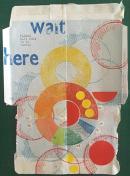
There has been a growing creative interest and scholarly engagement with practices and frameworks of care and repair and their real and implied relationship to breakage and acts of restoration. While not specifically directed at the year that was 2020, there are many ways in which the worlds in which we now live might be in need of mending. And how might we envisage recovery? This issue takes a broad interpretation of the theme and submissions explore, challenge and respond in a multitude of ways.
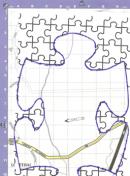
This issue of the Axon journal investigates ways in which contemporary poetry speculates about the world, modes of being, reality, creativity, writing itself and ways of understanding the quotidian.
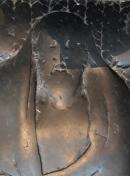
The theme for this issue of Axon emerged during a conference in late 2019, where paper after paper combined coherent research with impassioned critiques of the state of the university, the state of the environment, and the state of politics. Evident in these presentations was both a determination to generate positive change, and impatience at the apparent slowness of senior members’ responses to the what-is of the current moment.
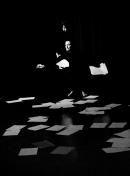
-- In preparation, this issue of Axon went under the title of Poetry on the Move, the name of the poetry festival initiated by the International Poetry Studies Institute (IPSI) in 2015. Since that first year, however, the festivals have had distinguishing themes. In 2019, the 50th anniversary of the Apollo 11 moon landing, the theme — and title of the festival symposium — was ‘Small Leaps, Giant Steps’, and this issue brings together a number of papers presented at the symposium, as well as contributions from poets who were not able to attend the event.
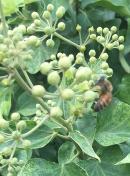
Canberra is home to a surprising number of creative and research-oriented events, and two of them are reflected in this issue of Axon. The first is the product of the 2018 annual DESIGN Canberra festival, which centred on the generative contributions of the architect Enrico Taglietti and the built environment he helped create in this city. The second event addressed the natural environment, with particular reference to the marriage of science and poetry, and what affordances this provides for the building of knowledge and understanding.